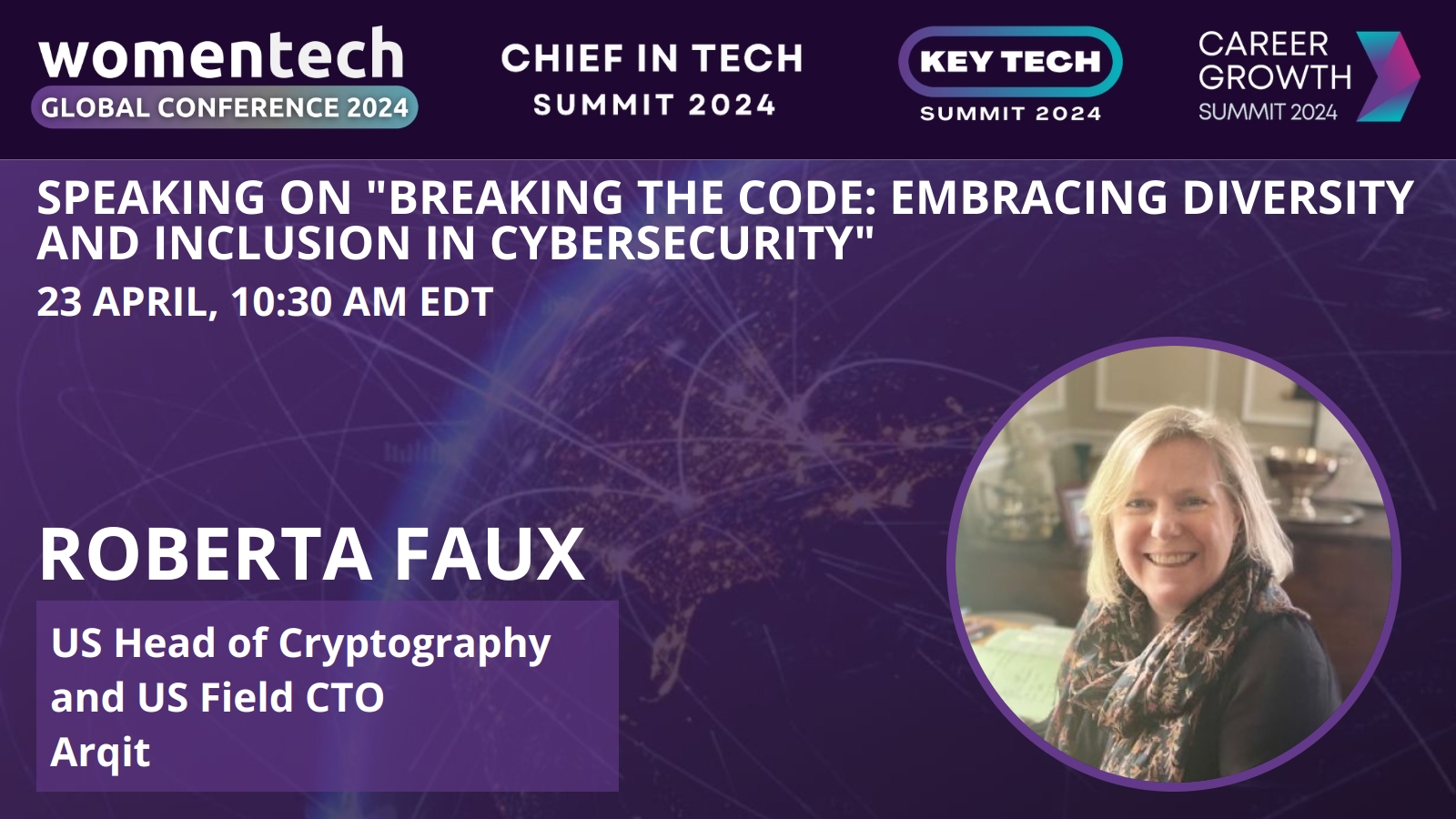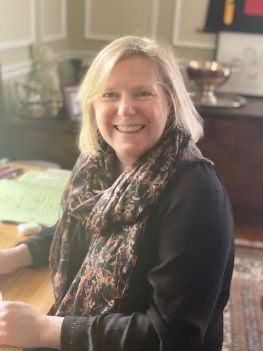Vote by Sharing
Unite 100 000 Women in Tech to Drive Change with Purpose and Impact.
Do you want to see this session? Help increase the sharing count and the session visibility. Sessions with +10 votes will be available to career ticket holders.
Please note that it might take some time until your share & vote is reflected.
Session: Breaking the Code: Embracing Diversity and Inclusion in Cybersecurity
Without intentional fostering of interest in STEM among underrepresented groups and the willingness to create inclusive environments, we risk losing one of the most important battles of the 21st century which will play out in cyberspace. In this session, Roberta Faux, a distinguished cybersecurity thought leader, will discuss the importance of inclusivity in attracting, growing and retaining diverse cybersecurity talent. A complex interplay of historical, cultural, social, and educational factors have led to today’s homogeneous cybersecurity workforce.Cybersecurity is an ever-increasing critical and complex field, constantly changing to protect against rapidly evolving cyber threats in financial services, national security and critical infrastructure. The cybersecurity field is facing an urgent talent shortage. As technology becomes more integrated into every aspect of life, the attack surface for malicious actors expands, and unfortunately, the education and training systems have not kept pace with these demands. This is exacerbated by the fast-paced nature of the field, and even a lack of awareness about cybersecurity careers. This talent shortage poses grave risks to enterprises and governments alike, as inadequate security measures will lead to more data breaches, financial losses, and compromised sensitive information. Increasing the representation of women and other underrepresented groups in cybersecurity is essential, not just for equity, but also for the breadth of ideas needed to secure our digital infrastructure.
Key Takeaways
- Recognizing how diversity can help address the talent shortage: Insight into the current talent shortage in cybersecurity and how it's not just a quantitative issue but also a qualitative one, where diversity plays a crucial role.
- Value of diversity in innovation: Recognition of the importance of diverse perspectives in fostering innovation in cutting-edge technological fields, and how inclusivity can lead to the development of more effective and user-friendly security products.
- Multidimensional solutions for diversity: Concrete tactics and insights into how industry leaders can implement solutions, to attract, grow and retain a more diverse and equitable cybersecurity workforce.
Bio
As the US Head of Cryptography and Field CTO for Arqit, a global leader in quantum-safe encryption, Roberta Faux works at the forefront of cybersecurity innovation. With extensive cryptographic experience and expertise in cybersecurity, Roberta helps organizations modernize cryptographic systems for hyper-scalability of infrastructure between all endpoints regardless of how dynamic the network architecture may be. For over two decades, she has led efforts in deep tech and next-generation technologies including quantum-safe encryption, and has served as a principal investigator in post-quantum security, private AI, homomorphic encryption, and reverse engineering. She holds a master’s degree from the University of Colorado, with post-graduate education at the MIT Sloan School of Management.


